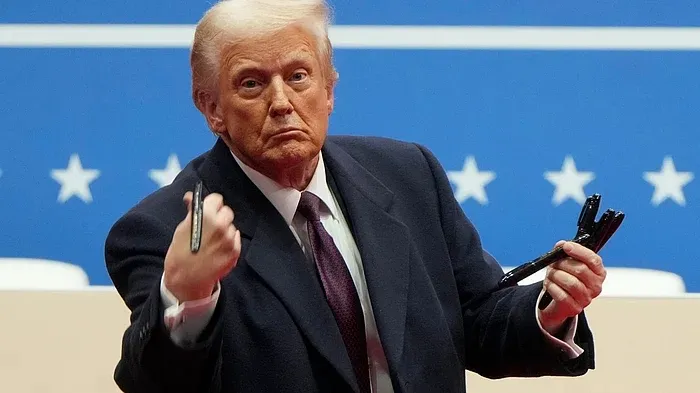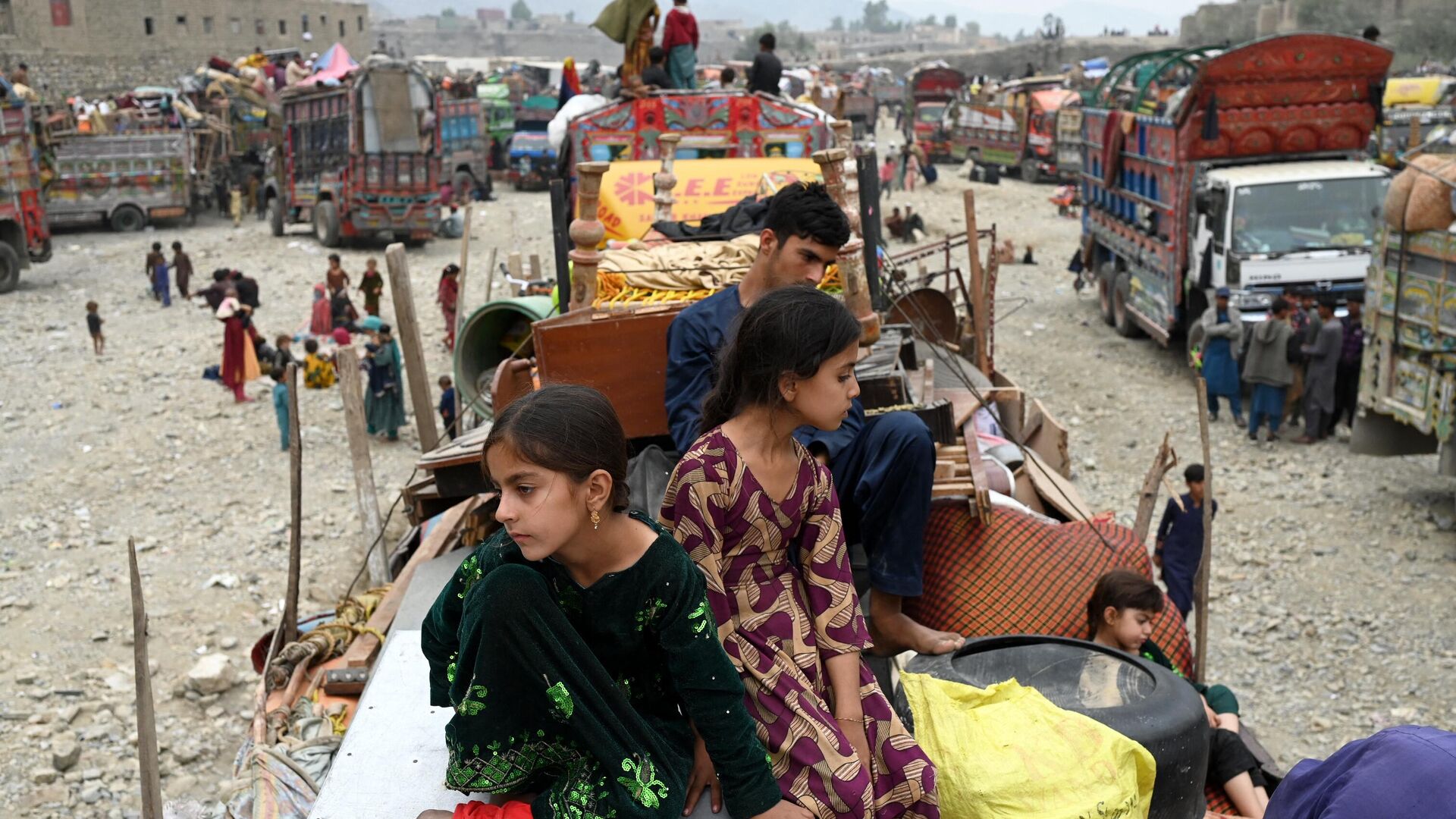BRICS Under Fire: Trump Declares Dollarization Threatening Global Order
President Donald Trump's recent declaration of BRICS as "dead" underscores escalating tensions over dollarization efforts among its member nations. With the BRICS alliance expanding and gaining economic strength, the U.S. views any move away from the dollar as a direct challenge to its financial hegemony. This article explores Trump's concerns, the implications for India, and the evolving dynamics of global currency dominance.

Trump's Concerns Over BRICS and Dollarization
Donald Trump's assertion that BRICS—composed of Brazil, Russia, India, China, and South Africa—faces an existential crisis stems from his longstanding warnings about the potential for 100% tariffs on member nations. The former president has accused these countries of seeking to decrease their reliance on the U.S. dollar, which has historically dominated international trade and finance.
The BRICS bloc has expanded to include Egypt, Iran, the UAE, and Ethiopia, now accounting for over 31.5% of global GDP, surpassing the G7's share of 30%. Despite its growing economic clout, BRICS is not inherently anti-Western. Key members like India, Egypt, and the UAE maintain substantial relationships with the U.S. and its allies.
India's Strategic Position
For India, BRICS represents a vital multilateral platform aimed at reforming a global financial system that has long favored Western institutions. The organization enhances India’s trade access to Central Asia, North Africa, and Eastern Africa, presenting significant economic opportunities. While India has refrained from promoting active dollarization, it recognizes the importance of diversifying financial engagements within the BRICS framework.
The Shift in Global Currency Dynamics
Central to Trump’s apprehensions is the trend of dollarization, with BRICS nations striving to reduce their dependency on the U.S. dollar for trade and reserves. Since 2001, the dollar's share of global foreign exchange reserves has declined from over 70% to approximately 59% as of early 2023. The BRICS+ group now represents 37% of emerging market fuel trade, indicating a significant shift in global energy transactions away from dollar reliance.
China, a key BRICS player, has notably escalated its yuan-based trade settlements. By mid-2024, 27% of China's goods trade was settled in renminbi, up from 17% in 2022. Meanwhile, Russia has also moved towards alternative currencies for energy sales, further challenging the dollar's supremacy.
Challenges to Dollar Dominance
Despite these positive moves for BRICS nations, the U.S. dollar remains entrenched as the world's primary reserve currency, utilized in nearly 90% of global forex transactions. Historical advantages such as deep capital markets, a stable legal system, and a vast financial network have solidified the dollar's dominant status.
However, persistent U.S. trade deficits and foreign liabilities exceeding $34 trillion have raised concerns about the long-term viability of dollar dominance. The increasing weaponization of the dollar, exemplified by the freezing of $300 billion in Russian reserves following the Ukraine invasion, has made nations wary of overreliance on the U.S. financial system.
Future Outlook for BRICS and the Dollar
As BRICS nations work to develop alternative financial systems—including the newly announced BRICS payment system and central bank digital currency initiatives—the prospect of replacing the dollar remains a daunting challenge. Currently, the renminbi constitutes only 4% of global reserves and is still subject to capital controls.
Trump's tariff threats introduce an additional layer of complexity, compelling BRICS nations, particularly India, to navigate their economic partnerships with caution amidst rising geopolitical tensions. The global currency dominance battle is far from over, as nations weigh the benefits of diversification against the entrenched power of the U.S. dollar.
In conclusion, as BRICS continues to evolve, the international community must closely monitor the interplay between economic alliances and currency strategies. The implications of these developments will shape the future of global finance and trade for years to come. Stay tuned for more insights on this ongoing economic narrative.
What's Your Reaction?
















